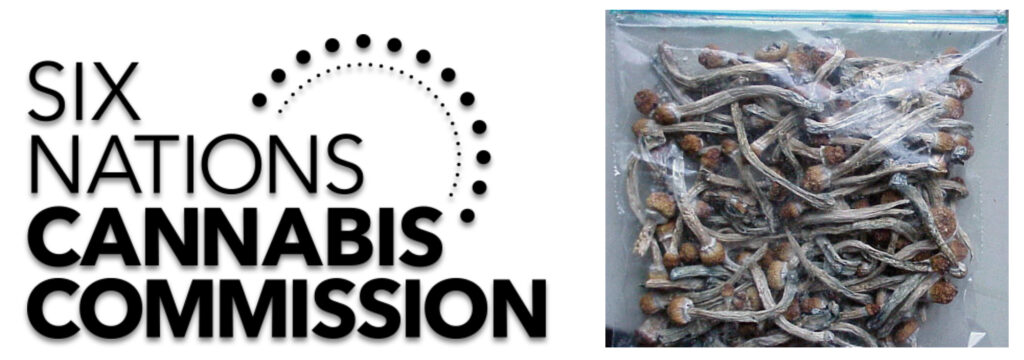
By Dispensing Freedom Staff
SIX NATIONS – Dispensing Freedom has received an audio recording of a customer buying psychedelic mushrooms at a Six Nations cannabis store regulated by the Six Nations Cannabis Commission. In an audio recording made on the premises of the store in July of 2023, an employee at the dispensary is heard promoting the sale of chocolate “Shroom bars,” mushroom tea, and mushrooms in capsules for microdosing at the store. The customer purchased a half ounce of psychedelic mushrooms and were told that they could buy as much of the mushrooms as they wanted to.
The Six Nations Cannabis Commission was created by the Six Nations Band Council in May of 2019 in an attempt to regulate and claim jurisdiction over cannabis on the reserve. Grassroots community members have long disagreed with the Band Council’s attempt to regulate the cannabis industry. A December 2017 survey of over 700 Six Nations members revealed that only about 3% of respondents wanted the Band Council regulating cannabis, and that there was wide ranging support for a sovereign approach to cannabis. As the Six Nations police continued to raid sovereign shops, some community members organized themselves into the Six Nations Peoples Cannabis Coalition and created their own system of self-regulation. Currently there are over 25 cannabis shops on the territory, with half a dozen licensed to the Band Council, a dozen under the umbrella of the Coalition, and the remainder operating independently.
Coalition members blast commission
When asked for an interview about the topic of their cannabis regulation, Six Nations Cannabis Commission member Emmett Sherlock initially agreed, but went silent and refused to provide comment or reply to emails when asked to respond to the issue of the psychedelic mushrooms and the legality of the Band Council system.
Ben Macdonald, a Mohawk who was involved in organizing the Six Nations Peoples Cannabis Coalition was willing to speak to Dispensing Freedom and expressed his frustration with the failures of the Band Council system. According to Macdonald, “The [Band Council] commission lacks the personnel and authority to police their dispensaries to the extent required by their ‘law’ and yet they insist their stores are the only safe ones because the commission is in control. If true, this is another example in their long list of false promises and pretend competence.”
Macdonald also stated that while he was initially hopeful that the new members of the commission would do a better job than the original team that managed to waste over $3 million of the community’s money from 2020-22 with little in the way of results, “Time has shown that they aren’t different. Apparently, in order for the commission to be successful in fulfilling their self-appointed roles, they must continue to push the narrative of legal vs illegal, us vs. them, divide and conquer. Their messaging of safe and legal is a hypocrisy to reality.”
Macdonald added, “The commission spoke with many of our members and made many misleading statements and promises, I think it’s clear our members aren’t interested and obviously can’t work with them. The commission holds no authority, nor recognition to regulate anything. We do not require permission to operate our businesses and participate in trade.”
Kahnawake and Six Nations cannabis laws failed the people
The Six Nations Cannabis Commission uses a modified version of Kahnawake’s Cannabis Control Law. To this date, Kahnawake has still not had any cannabis stores open under its laws, because Canada won’t accept an Indian Act Band Council making alterations to Parliament’s Cannabis Act. Six Nations delayed the opening of sovereign cannabis stores by the use of heavy handed raids, but ultimately community resistance and a clash outside the Six Nations police station put an end to police interference in the cannabis industry.
It is difficult to calculate the size of the economic loss that the economies in Six Nations and Kahnawake suffered as a result of Indian Act Band Councils interfering with the efforts of Indigenous businesspeople to open sovereign shops, but it could range into the billions. In the early days preceding legalization and immediately after it, some Indigenous cannabis shops in other communities were making six figures in daily sales. As Macdonald sees it, “the Band Council’s actions have limited our members ability to participate in a brand-new industry. The millions spent on paper and consultants by the commission is a molehill beside the mountain of lost opportunity. Hundreds of millions of dollars in economic growth for the community have been lost, and as the largest reserve in Canada, we are a national embarrassment on the cannabis issue.”
The Six Nations Cannabis Commission was asked for comment but did not reply to the request.

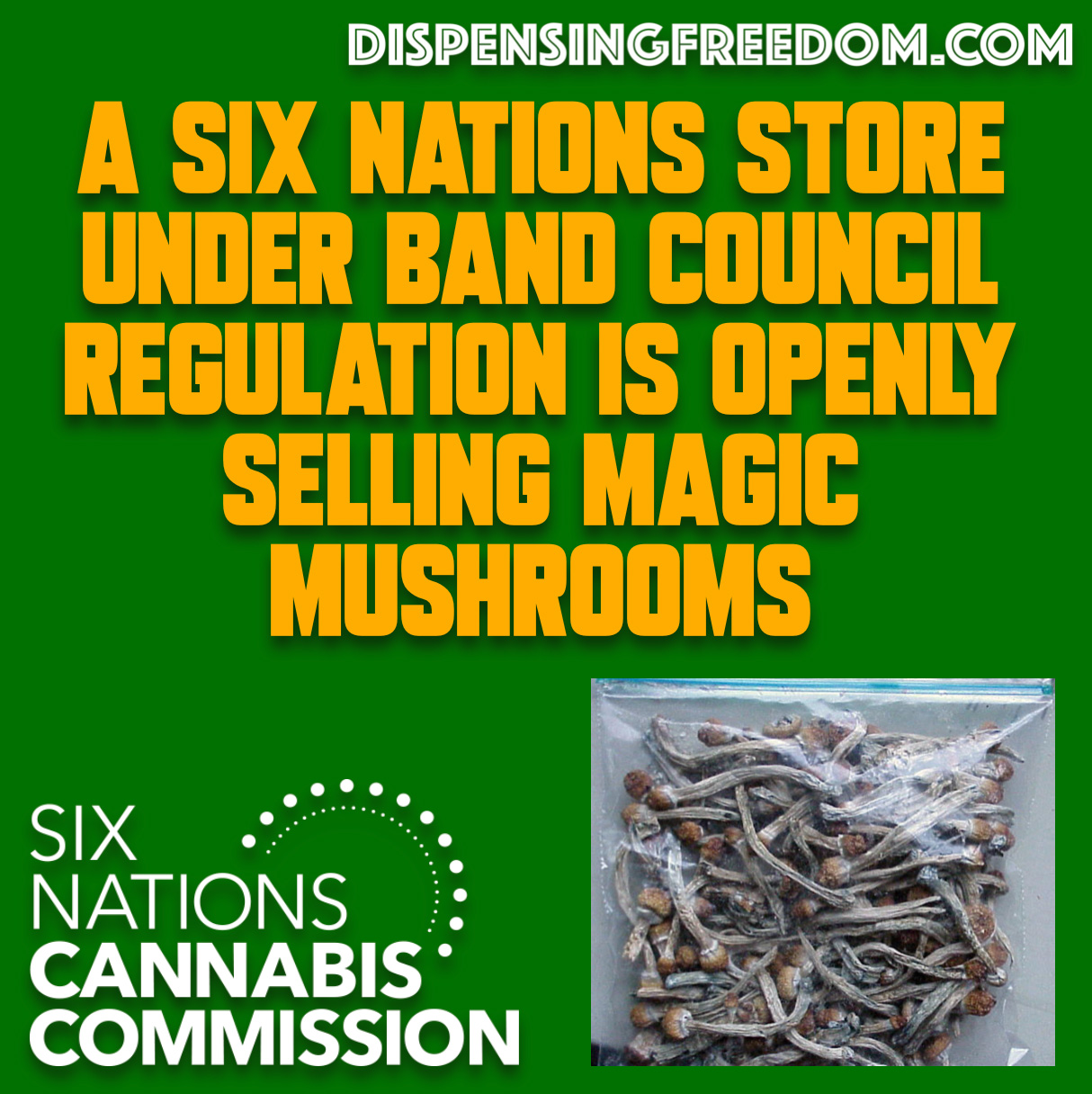



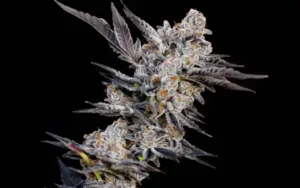

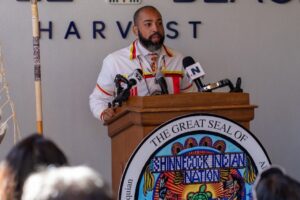

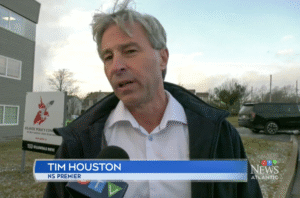







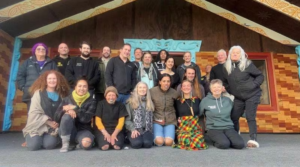

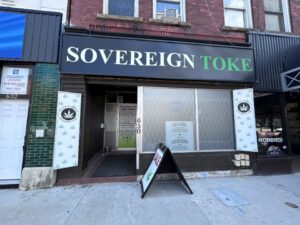
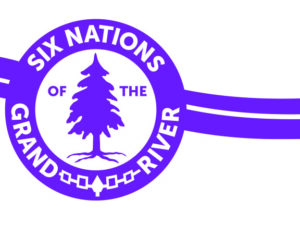



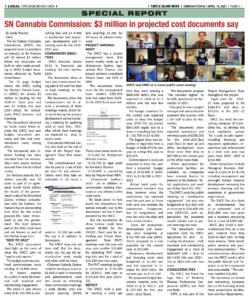
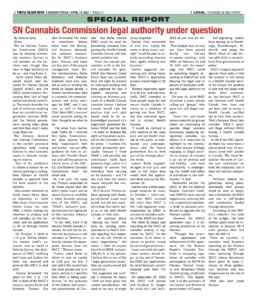
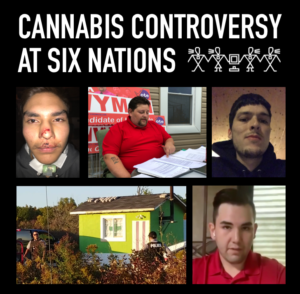

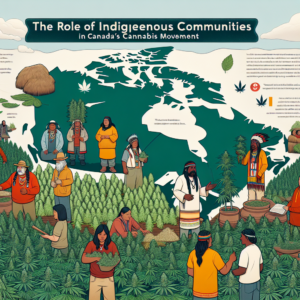




Comments are closed.